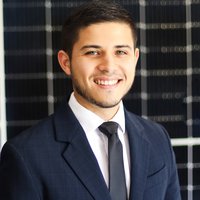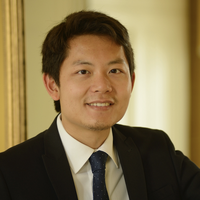The energy and climate crises are intertwined and becoming increasingly severe. Since her undergraduate days, Shanshan Luo has been committed to addressing these pressing issues, focusing on using synthetic biology to develop innovative solutions for energy and environmental challenges.
The continuous increase in atmospheric carbon dioxide (CO2) levels is a key driver of the global climate crisis, calling for more efficient CO2-fixation systems to rebalance the carbon cycle. Shanshan’s research focuses on CO2 fixation, using synthetic biology to construct efficient CO2-fixation systems. She has designed an in vitro constructed two new-to-nature CO2-fixation pathways, the rGPS-MCG cycle and the THETA cycle, offering synthetic alternatives superior to naturally evolved pathways for more efficient CO2 fixation. Furthermore, she has implemented the THETA cycle into Escherichia coli using a modular approach, demonstrating the first step towards realizing highly orthogonal and complex CO2-fixation pathways in living cells.
Constructing in vitro carbon fixation systems requires external energy sources to drive the CO2-fixation pathways. Electricity, especially when sourced from renewables, can be an ideal energy source due to its cleanliness and sustainability. To directly power cell-free systems with electricity, Shanshan designed and constructed an electrobiological module, the AAA cycle, which can directly convert electricity into ATP. This electrobiological module is a multi-step cascade, consisting of 3-4 enzymes, and does not require any membranes. With the AAA cycle, electricity can power ATP-consuming biochemical reactions and more complex biological processes, such as RNA and protein synthesis from DNA. This innovation provides a completely new approach for ATP regeneration in bottom-up synthetic biology and creates new possibilities for electricity-powered CO2 fixation, N2 fixation, and biosynthesis.
With advances in cell-free biology, CO2 can be efficiently converted into useful chemicals in vitro through these synthetic CO2-fixation cycles. If successfully industrialized, the electrobiological module will offer a new and sustainable way to power biological systems, while simultaneously facilitating the storage and utilization of electrical energy.




